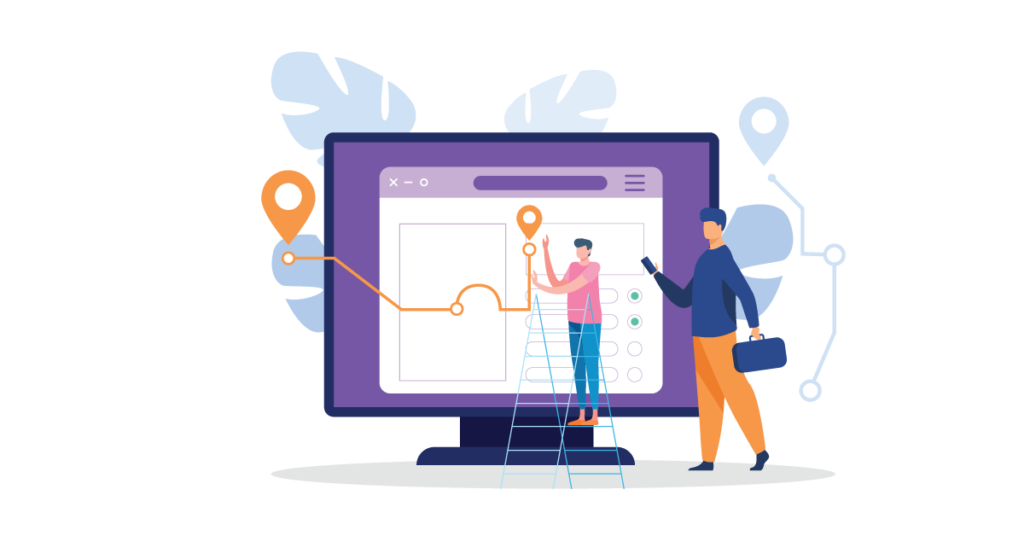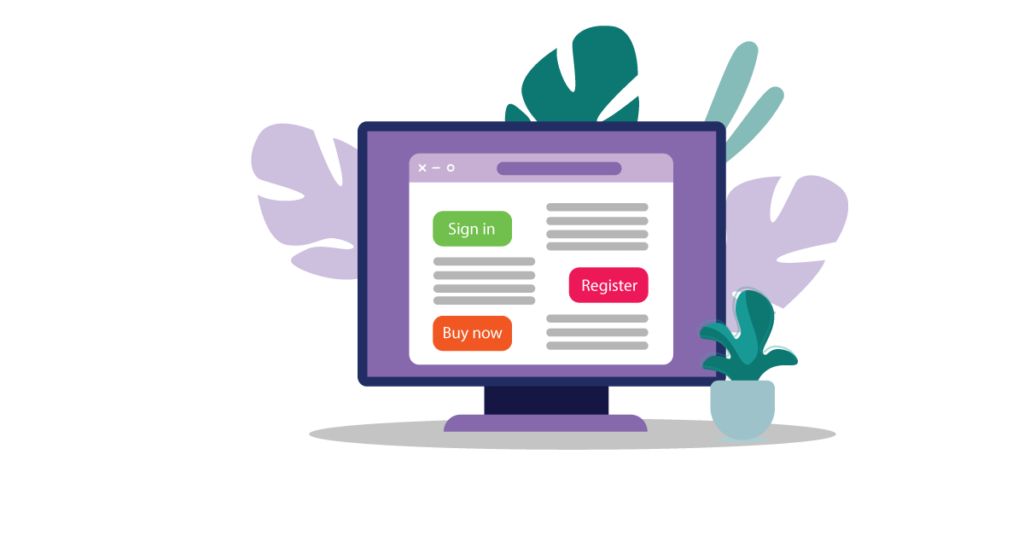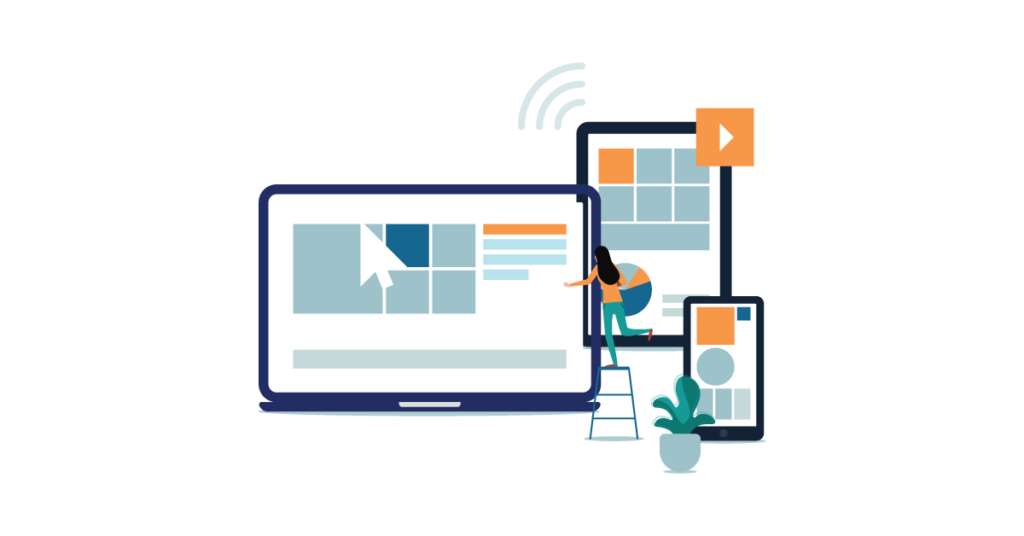Web design plays a key role in the success of your online business. As more and more companies to flock to the online marketplace, the field is becoming increasingly competitive with everyone trying their best to offer a seamless experience to the users. Good UX encourages conversions, drives customers to your business and retains them. Many users don’t return to a website after a bad UX experience. But don’t worry. We will tell you 5 ways to improve your website user experience.
MAKE YOUR WEBSITE EASY TO NAVIGATE

Navigation forms the entire architecture of your site as it is like a map that displays the core places users can visit. There can be nothing worse than a website with a disorganized or confusing navigation interface. There should be no unnecessary complexity in a website as it can aggravate users who will undoubtedly bounce away from your site and turn towards your competitors that offer a better user experience.
You will only get five to ten seconds to make a first impression on your site visitors, so make the most out of it. Improve your website’s navigation and make the layout of your site as predictable as possible. Ensure that your visitors can easily find what they’re looking for.
MAKE SURE IT IS MOBILE-FRIENDLY
With changing times, the way people access the internet has also changed. Most users browse the internet through mobile phones and tablets. More than half of internet users won’t return to a mobile site they had trouble accessing. Therefore, your website must be optimized to fit mobile interfaces and tablets as well. Remember, the better the user interface design, the better browsing experience the users will have.
IMPROVE LOADING SPEED OF YOUR WEBSITE

Website visitors expect fast-loading web pages so that they have a smooth online experience. They will bounce away from your website if it takes more than three seconds to load as it interrupts their otherwise fluid browsing experience. On the other hand, if it loads in 1–2 seconds, the chances are that they will stay longer. We suggest you keep monitoring the loading speed of your website and mobile website regularly and improve it, if necessary.
PAY SPECIAL ATTENTION TO YOUR CALL-TO-ACTION

Once visitors land on your site, they will navigate your website by following call to action that moves them between essential pieces of content. Call-to action either in button or text form, will encourage the user to take the next step on your page. The more actionable, dynamic, and time-sensitive your Call-to-action is, the greater will be your conversions.
You can add call-to-actions like click here for further information, get in touch, download our brochure. You can also use sign up for a webinar, watch the video, or any other call to action depending upon the products or services you offer.
IDENTIFY AND FIX BROKEN LINKS

There may be few pages or links on your websites that aren’t working, and you may not be aware of them. Your visitors won’t tell you about these broken links. Set some time apart to check all the links on your website, look for the broken links and fix them so that your users don’t have to face any inconvenience. This is one among many of the UX web design tips that can simplify the web experience of your website visitors and provide value to them.
CONCLUSION
Use the above-mentioned different ways to improve your website user experience. The better the user interface design is, the more likely you are to turn a lead into a conversion. Investing in good web design will improve the recognition of your brand, encourage conversion, and drive customers. For good web design, you need to avail website design services from a reputed web design company.
Get in touch with us to get the best UX web design services.
7 Effective Tips To Increase Website Traffic




